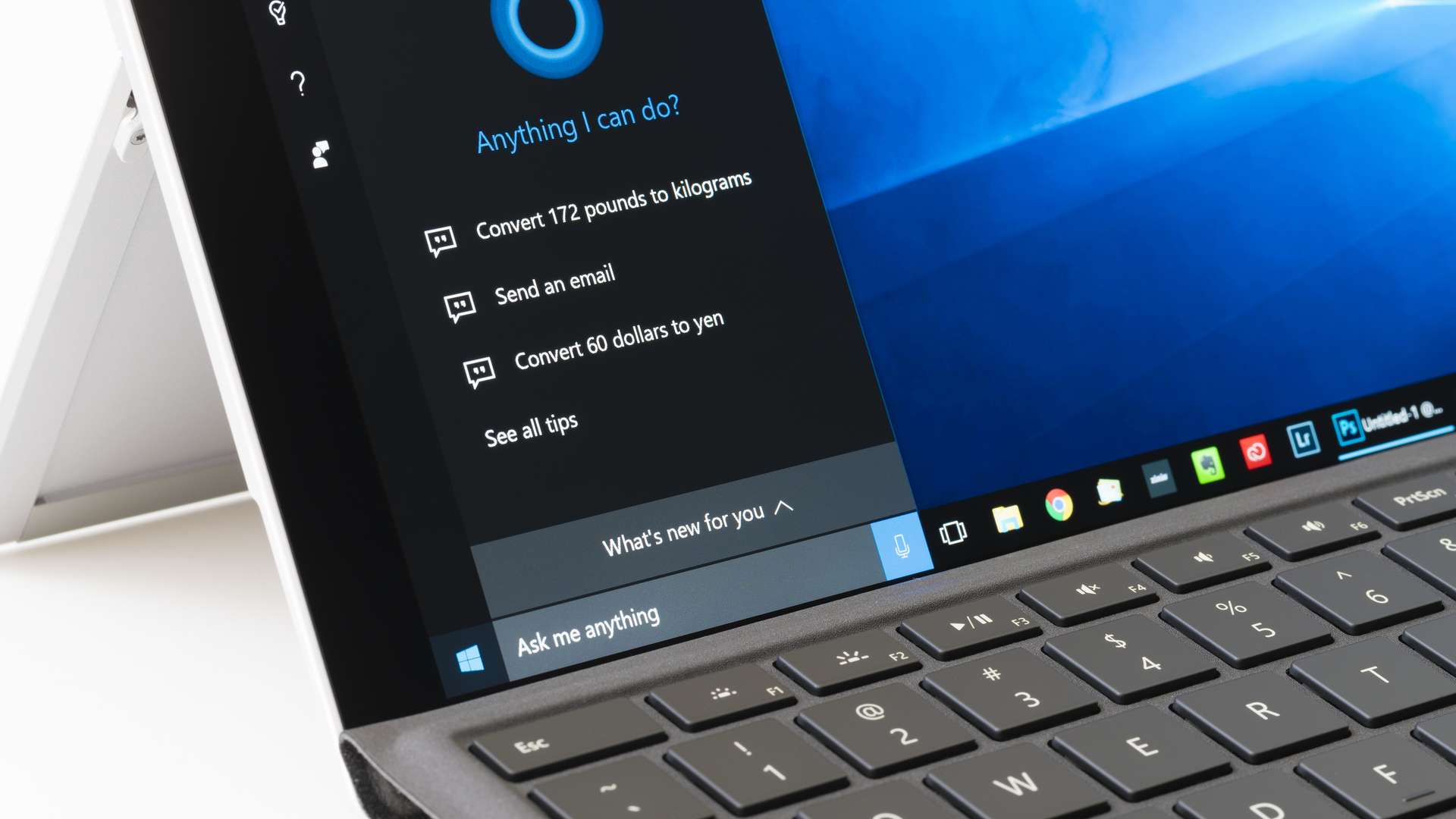Microsoft releases two emergency Windows patches
Windows Codecs Library and Visual Studio Code are afflicted with remote code execution flaws


Microsoft has pushed out emergency out-of-band patches for two remote code execution flaws only days after its latest wave of Patch Tuesday bug fixes.
Both the Windows Codecs Library and Visual Studio Code can be targeted by hackers who can exploit these vulnerabilities to execute arbitrary code remotely and potentially take control of the affected system.
The first vulnerability, tagged CVE-2020-17022, is a flaw that exists in the way the Windows Codecs Library handles objects in memory. Successful exploitation requires a programme processes a specially crafted malicious image file.
The second, meanwhile, tagged CVE-2020-17033, is triggered when a user is tricked into opening a malicious ‘package.json’ file. An attacker would need to convince a target to clone a repository and open it in Visual Studio Code, before attacker-specified code would execute when the target opens the malicious ‘package.json’ file.
Attackers can successfully exploit this bug to take control of targeted systems if users with administrative rights are logged on. From there, an unauthorised user could install programmes, view, change or delete data, or even create new accounts with full user rights.
Both patches have been released less than a week after Microsoft rolled out its routine Patch Tuesday wave of updates, in which patches and fixes are accumulated and pushed out in a single release.
The most serious of the bugs fixed was a critical ‘wormable’ flaw in the TCP/IP component of Windows 10, tagged CVE-2020-16898 and rated 9.8 on the CVSS scale, also a remote code execution vulnerability in nature.
Get the ITPro daily newsletter
Sign up today and you will receive a free copy of our Future Focus 2025 report - the leading guidance on AI, cybersecurity and other IT challenges as per 700+ senior executives
RELATED RESOURCE

DevOps without measurement is a fail
How to measure and track the five critical drivers of DevOps success
The two additional bug fixes means these remote code execution flaws are certainly serious enough, and pose enough of an active threat to users, to warrant an out-of-band release.
The firm has previously released emergency fixes for newly detected flaws when deemed necessary, including in July 2020 when it released emergency fixes for another two remote code execution flaws. These issues affected codecs in Windows 10 and Windows Server 2019, and would have allowed hackers to compromise a targeted system.

Keumars Afifi-Sabet is a writer and editor that specialises in public sector, cyber security, and cloud computing. He first joined ITPro as a staff writer in April 2018 and eventually became its Features Editor. Although a regular contributor to other tech sites in the past, these days you will find Keumars on LiveScience, where he runs its Technology section.
-
 Should AI PCs be part of your next hardware refresh?
Should AI PCs be part of your next hardware refresh?AI PCs are fast becoming a business staple and a surefire way to future-proof your business
By Bobby Hellard Published
-
 Westcon-Comstor and Vectra AI launch brace of new channel initiatives
Westcon-Comstor and Vectra AI launch brace of new channel initiativesNews Westcon-Comstor and Vectra AI have announced the launch of two new channel growth initiatives focused on the managed security service provider (MSSP) space and AWS Marketplace.
By Daniel Todd Published
-
 Hackers are targeting Ivanti VPN users again – here’s what you need to know
Hackers are targeting Ivanti VPN users again – here’s what you need to knowNews Ivanti has re-patched a security flaw in its Connect Secure VPN appliances that's been exploited by a China-linked espionage group since at least the middle of March.
By Emma Woollacott Published
-
 Broadcom issues urgent alert over three VMware zero-days
Broadcom issues urgent alert over three VMware zero-daysNews The firm says it has information to suggest all three are being exploited in the wild
By Solomon Klappholz Published
-
 Nakivo backup flaw still present on some systems months after firms’ ‘silent patch’, researchers claim
Nakivo backup flaw still present on some systems months after firms’ ‘silent patch’, researchers claimNews Over 200 vulnerable Nakivo backup instances have been identified months after the firm silently patched a security flaw.
By Solomon Klappholz Published
-
 Everything you need to know about the Microsoft Power Pages vulnerability
Everything you need to know about the Microsoft Power Pages vulnerabilityNews A severe Microsoft Power Pages vulnerability has been fixed after cyber criminals were found to have been exploiting unpatched systems in the wild.
By Solomon Klappholz Published
-
 Vulnerability management complexity is leaving enterprises at serious risk
Vulnerability management complexity is leaving enterprises at serious riskNews Fragmented data and siloed processes mean remediation is taking too long
By Emma Woollacott Published
-
 A critical Ivanti flaw is being exploited in the wild – here’s what you need to know
A critical Ivanti flaw is being exploited in the wild – here’s what you need to knowNews Cyber criminals are actively exploiting a critical RCE flaw affecting Ivanti Connect Secure appliances
By Solomon Klappholz Published
-
 Researchers claim an AMD security flaw could let hackers access encrypted data
Researchers claim an AMD security flaw could let hackers access encrypted dataNews Using only a $10 test rig, researchers were able to pull off the badRAM attack
By Solomon Klappholz Published
-
 A journey to cyber resilience
A journey to cyber resiliencewhitepaper DORA: Ushering in a new era of cyber security
By ITPro Published